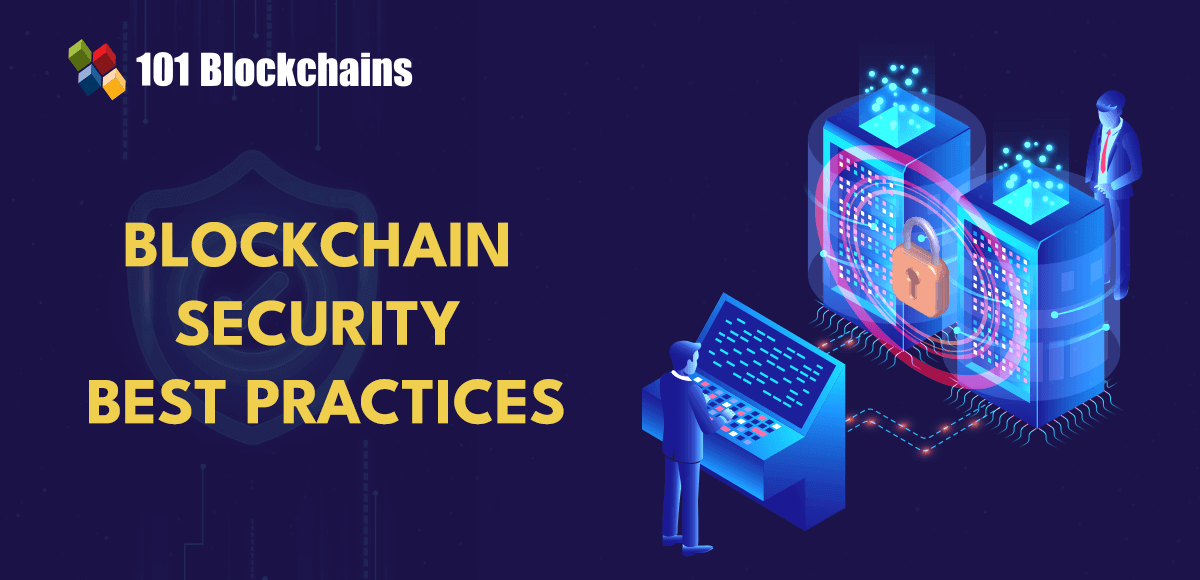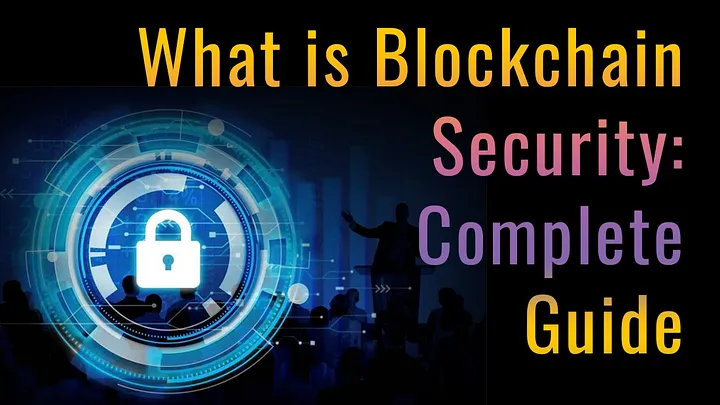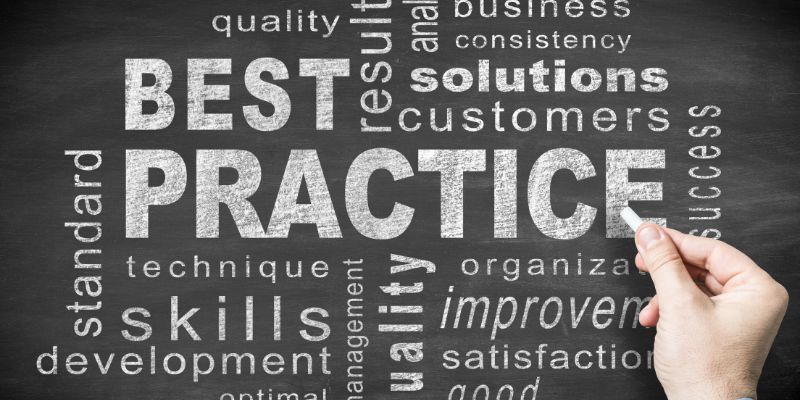Blockchain security best practices involve encryption, secure key management, multi-factor authentication, and regular security audits. Implementing these practices can help mitigate the risk of cyber threats and protect blockchain networks and assets.
Blockchain technology offers numerous benefits, including decentralized and tamper-proof data storage. However, it also presents unique security challenges due to its distributed nature. In this digital age, where cyber threats are a significant concern, implementing robust security measures for blockchain networks is crucial.
We will explore best practices for securing blockchain networks and assets, including encryption, secure key management, multi-factor authentication, and regular security audits. By understanding and implementing these best practices, organizations can bolster the security of their blockchain infrastructure and maintain the integrity and confidentiality of their data.
Common Threats
When it comes to common threats, it’s important to be aware of potential risks such as:
- Double Spending Attacks
- 51% Attacks
- Phishing Scams

Best Practices For Securing Blockchain
When securing your blockchain, it is crucial to use strong encryption to protect sensitive data from unauthorized access. Implementing multi-signature wallets adds an extra layer of security by requiring multiple approvals for transactions. Regularly updating your software is also essential to patch any vulnerabilities and ensure that your system is equipped with the latest security features.
Securing Smart Contracts
Securing Smart Contracts: Performing audits on smart contracts and employing secure development practices are crucial for ensuring blockchain security. Auditing smart contracts helps identify potential vulnerabilities and weaknesses that could be exploited by attackers. Secure development practices involve following coding standards and incorporating security measures during the development process to prevent vulnerabilities from being introduced. By prioritizing these best practices, organizations can enhance the security of their blockchain systems and protect against potential threats.
Choosing Secure Cryptocurrency Exchanges
When it comes to choosing secure cryptocurrency exchanges, it’s crucial to research their reputation thoroughly. Look for exchanges with a strong track record of security and reliability. It’s important to choose a platform that has never experienced any major security breaches or hacks. One of the key factors to consider is enabling two-factor authentication (2FA). This adds an extra layer of security to your account by requiring a second form of verification, such as a code sent to your phone, in addition to your password. With 2FA enabled, even if someone manages to obtain your login credentials, they won’t be able to access your account without the second verification step. |

Importance Of Private Keys Management
When it comes to blockchain security, managing private keys is of utmost importance. Storing private keys is a critical aspect of maintaining the security of your blockchain assets. It is essential to follow best practices for storing private keys to prevent unauthorized access and potential loss of funds.
Avoid sharing private keys with anyone, as this increases the risk of your blockchain assets being compromised. Keeping your private keys confidential is vital to prevent potential hacking attempts and unauthorized transactions.
One best practice for storing private keys is to use cold storage. This involves keeping your private keys offline, away from the internet, on hardware devices such as hardware wallets or paper wallets. Cold storage provides an extra layer of security, as it is not susceptible to online threats.
Another recommended practice is to use multi-signature wallets. These wallets require multiple private keys to authorize transactions, making it more difficult for hackers to gain control over your assets. Multi-signature wallets enhance the security of your blockchain holdings.
Blockchain Security Standards And Regulations
The importance of Blockchain Security cannot be overstated. Implementing Best Practices is crucial to protect sensitive data. Compliance with regulations is essential for Businesses operating in this space. Existing Standards provide a framework for Security measures. Keeping up with Compliance Requirements ensures a Secure Environment.
Future Trends In Blockchain Security
Blockchain security is an increasingly important topic as digital assets become more prevalent. The integration of AI into blockchain security is a promising trend to watch. Emerging technologies like quantum cryptography are expected to enhance security. It is crucial for businesses to stay updated on blockchain security best practices. This will help them protect their digital assets effectively.

Frequently Asked Questions For Blockchain Security Best Practices
What Are The Top Blockchain Security Challenges?
Securing personal data, preventing unauthorized access, and protecting against 51% attacks are some of the biggest blockchain security challenges that organizations face. Implementing strong encryption, multi-factor authentication, and regular security audits can help mitigate these risks.
How Can Blockchain Technology Improve Security?
Blockchain technology offers enhanced security through decentralized and transparent recordkeeping. Its immutability and cryptographic algorithms ensure data integrity and prevent fraud. Additionally, smart contracts enable trustless transactions and reduce the need for intermediaries, further enhancing security.
Can Blockchain Be Hacked?
While blockchain technology is considered highly secure due to its decentralized nature, it is not completely immune to hacking. However, the decentralized consensus mechanism and the complexity of hacking a blockchain make it significantly more difficult. Proper implementation of security best practices can minimize the risk of a successful blockchain hack.
Conclusion
In implementing blockchain security best practices, prioritizing data protection is paramount. Regular audits help maintain integrity and identify vulnerabilities. By promoting a culture of awareness and continuous improvement, organizations can safeguard their digital assets effectively. Remember, proactive measures are key to ensuring blockchain security in a constantly evolving landscape.

